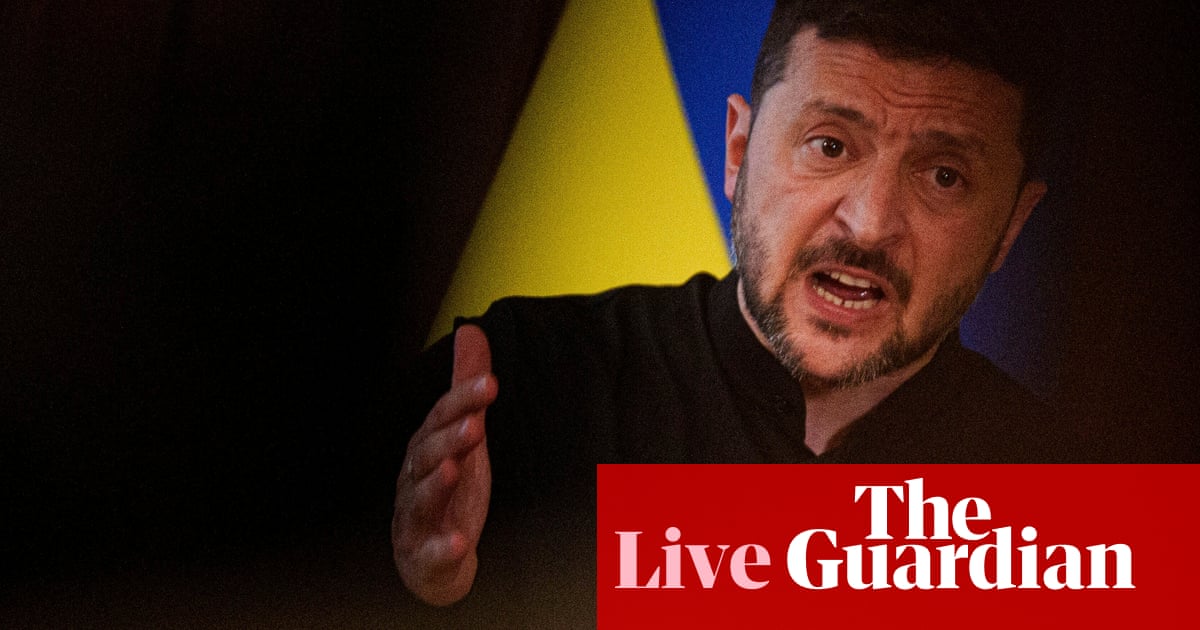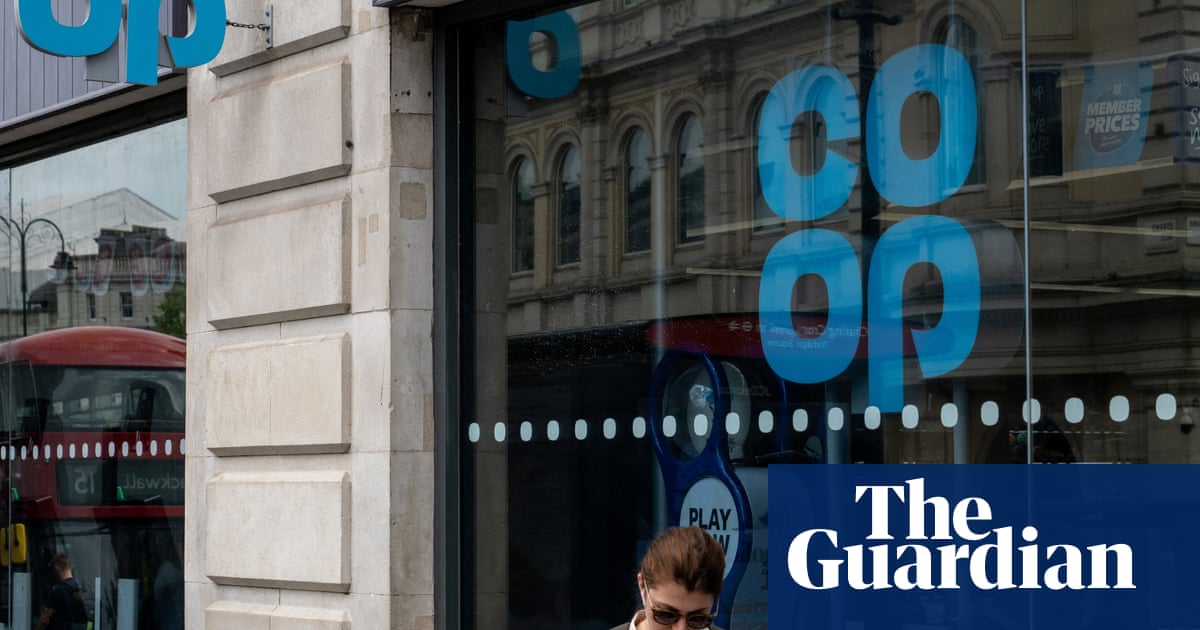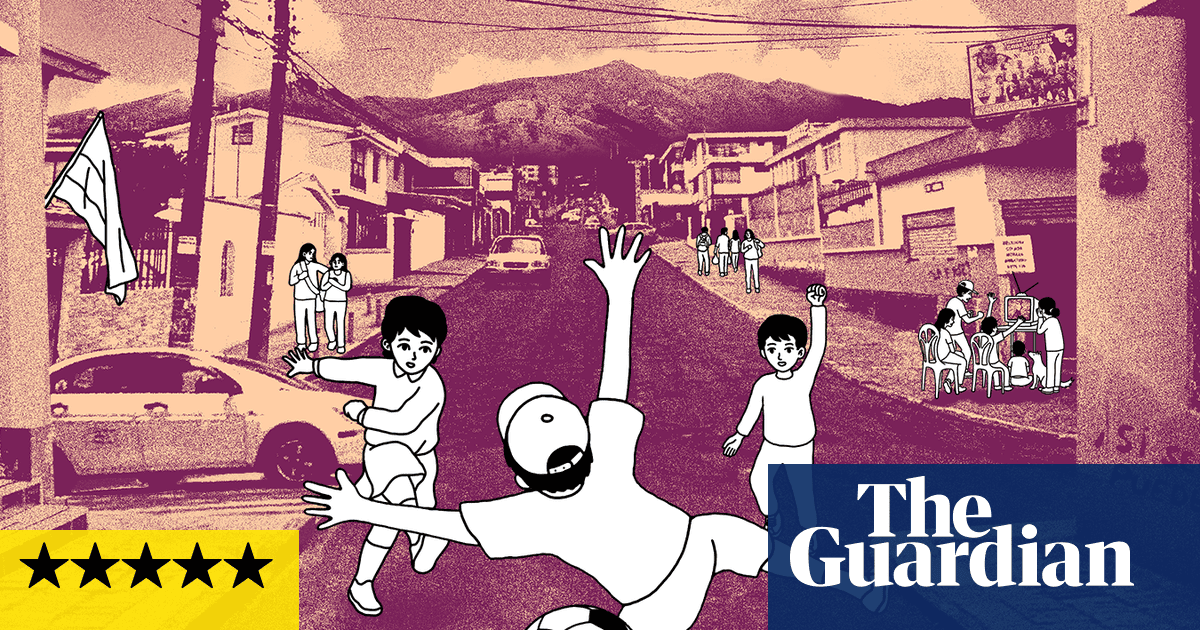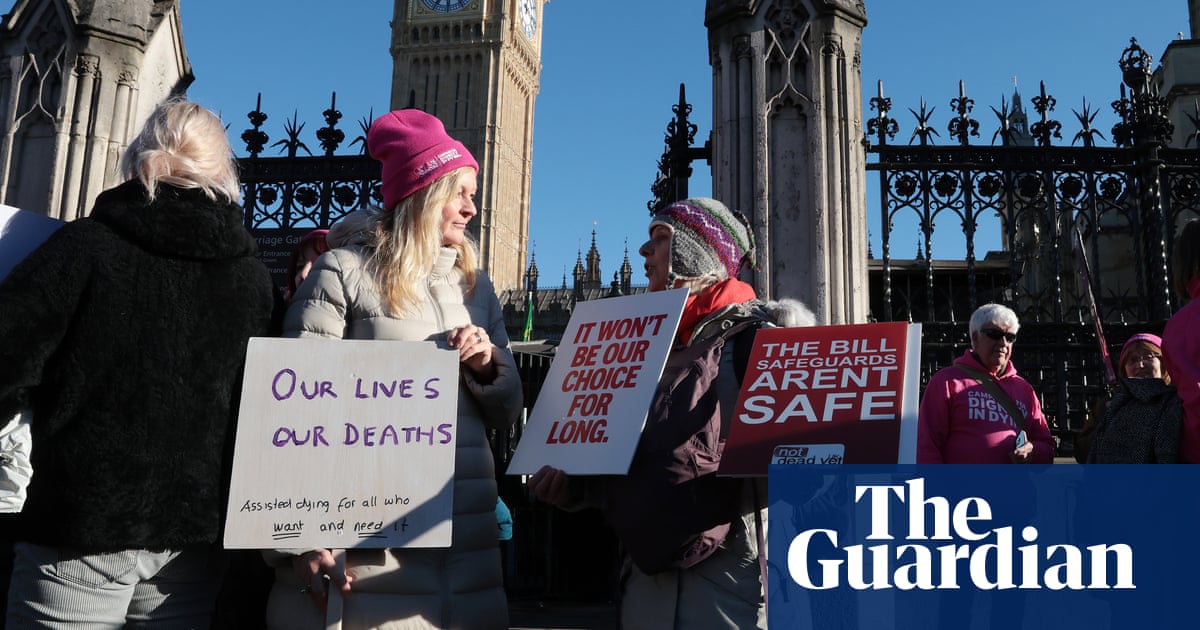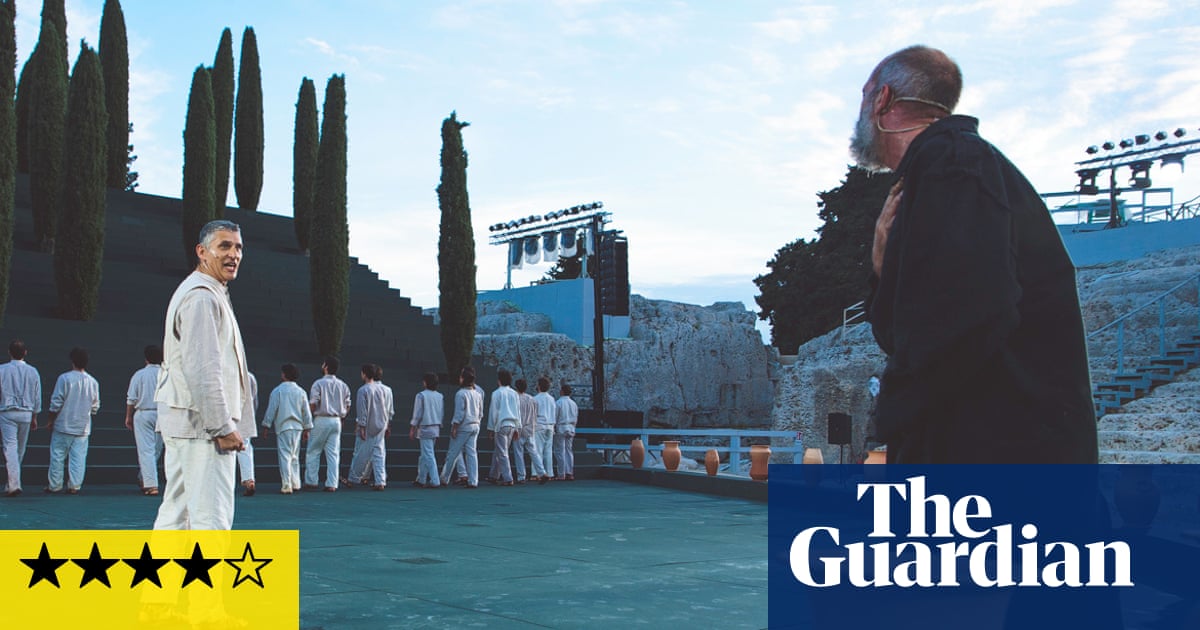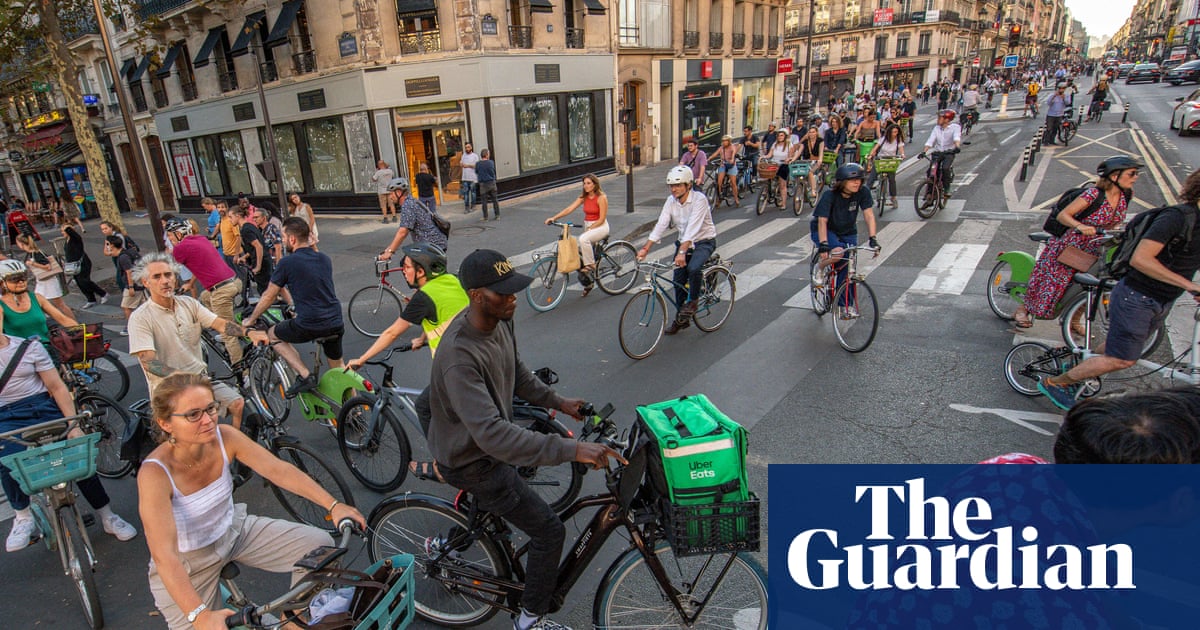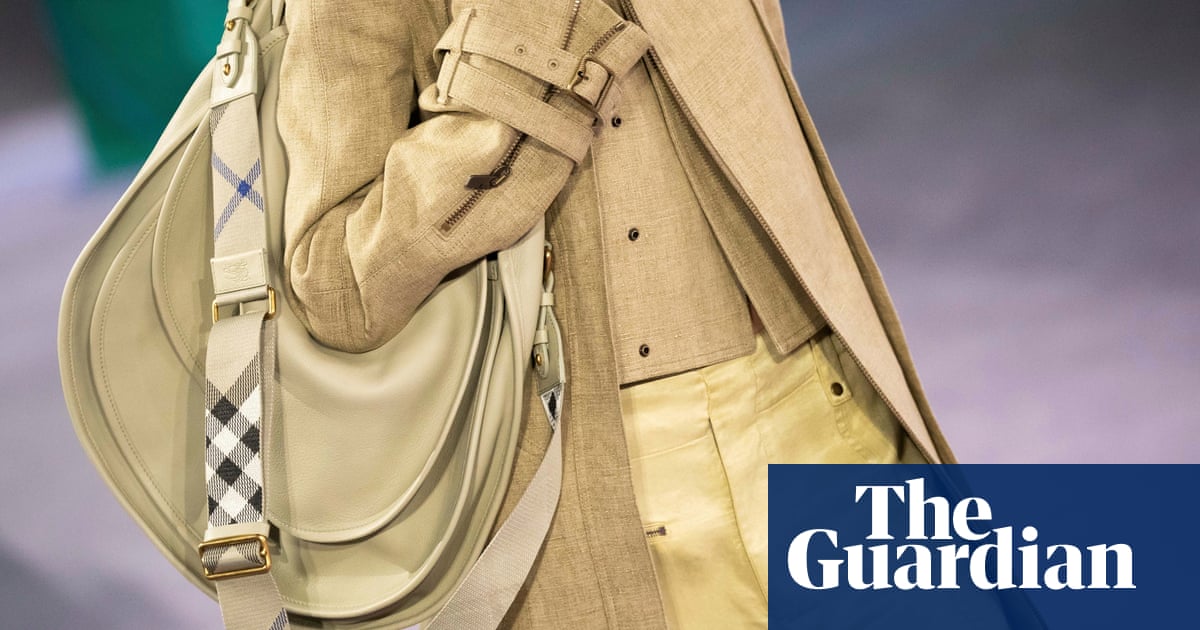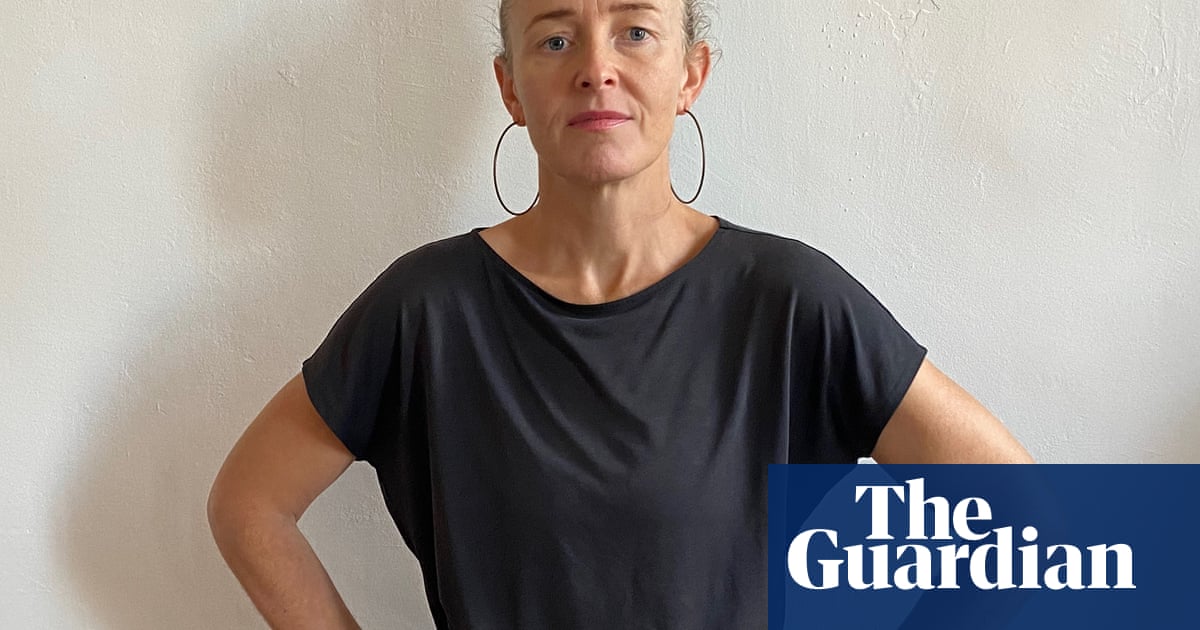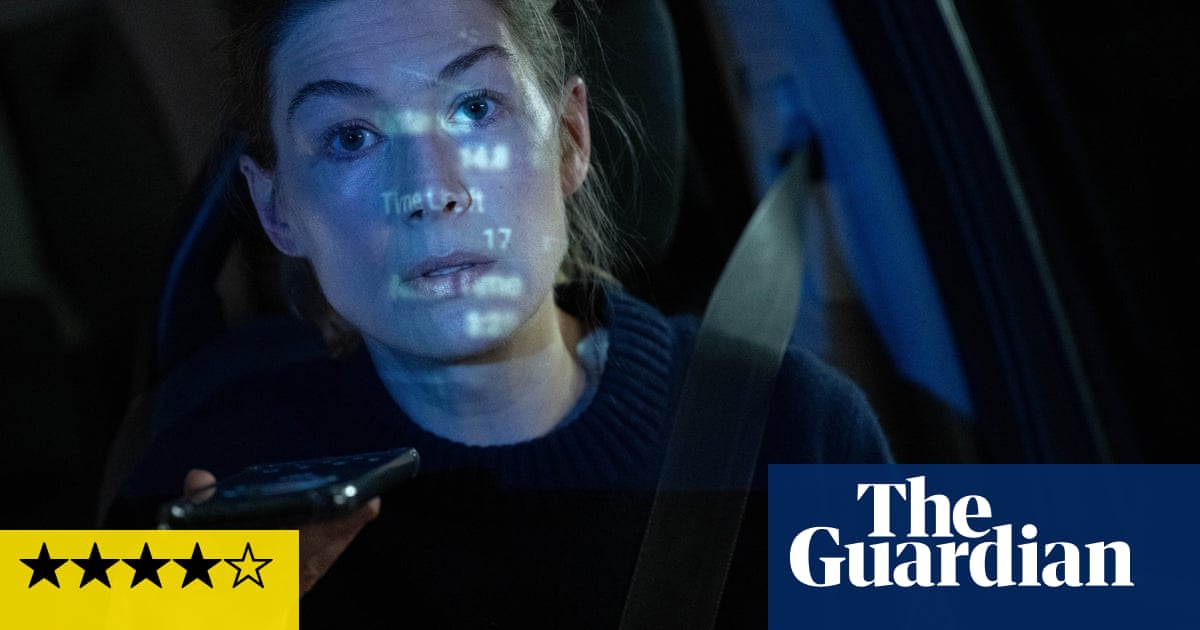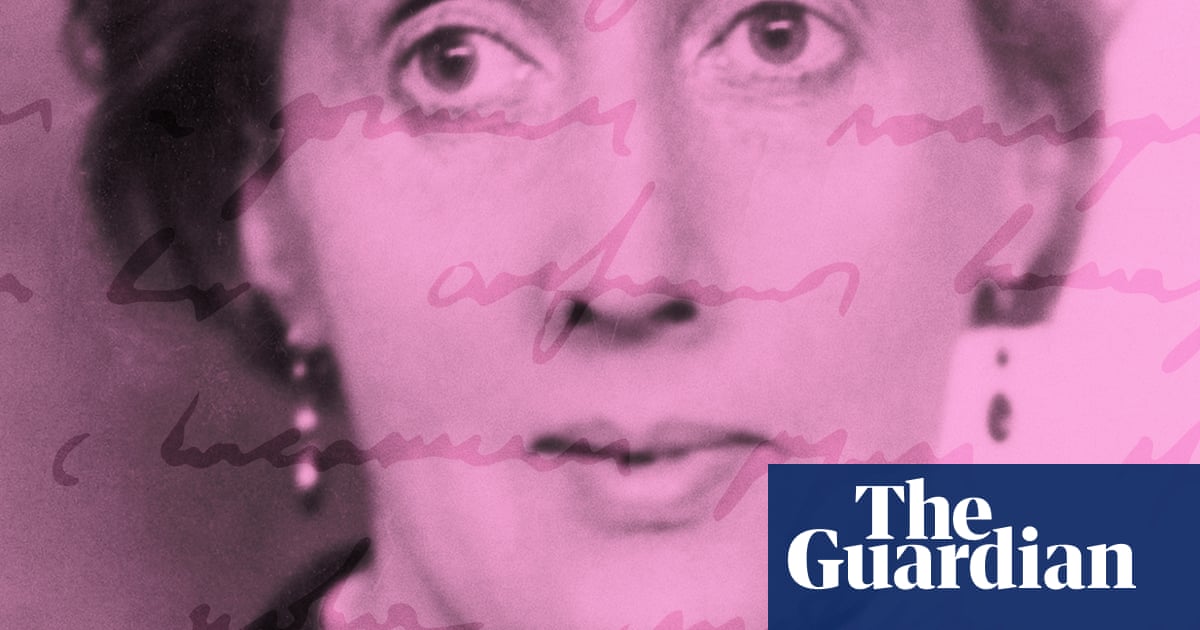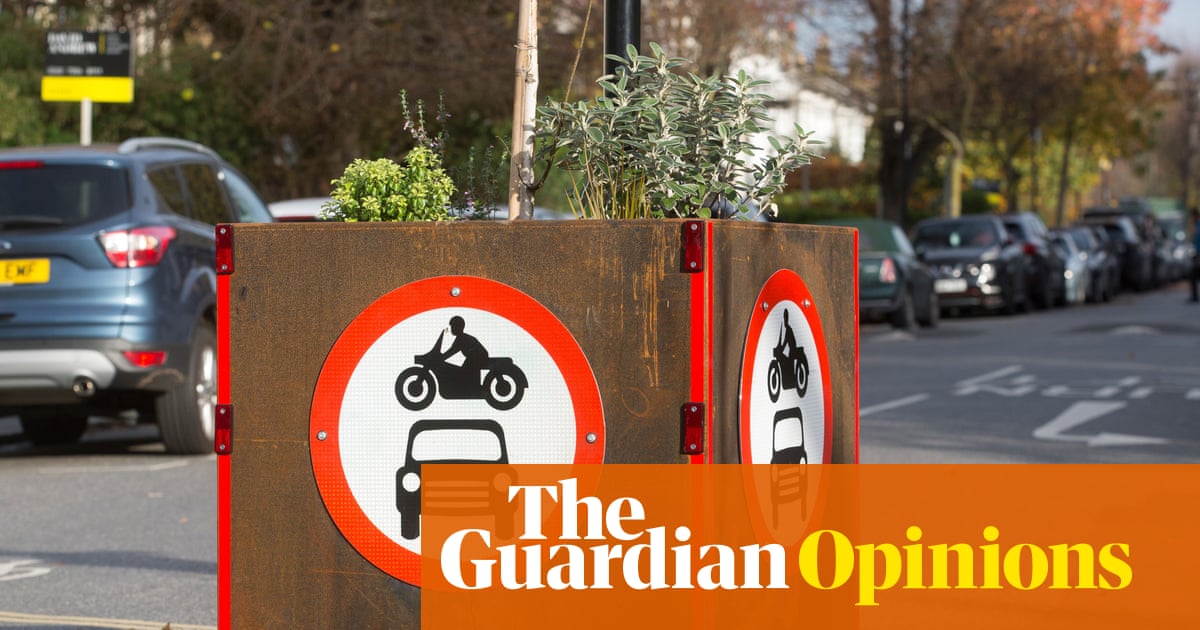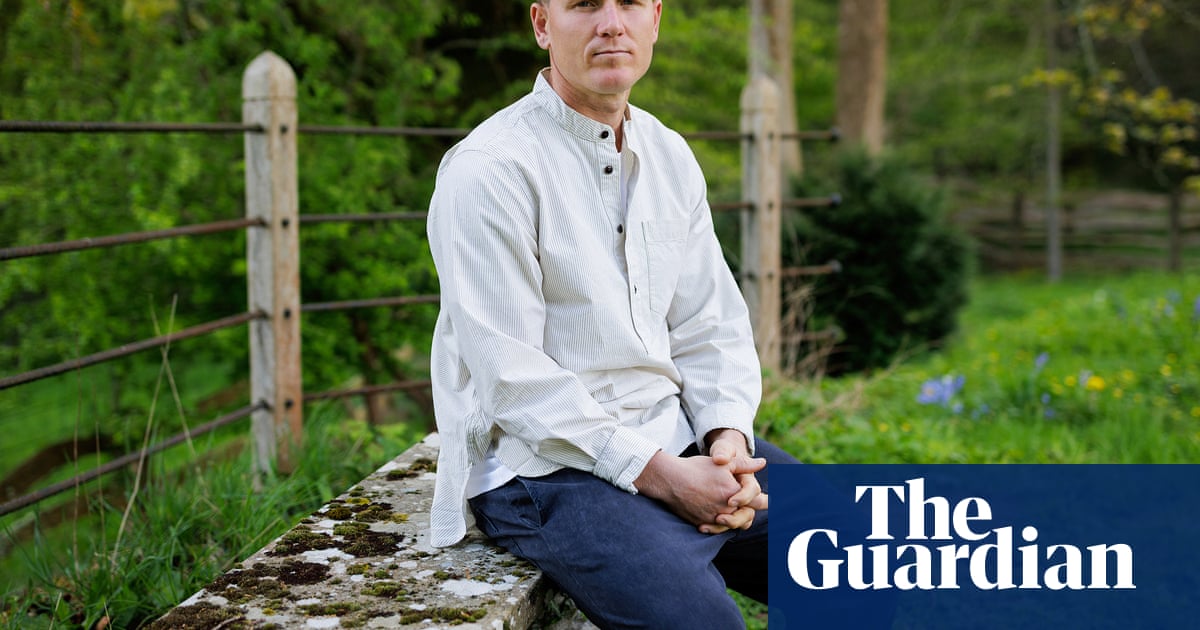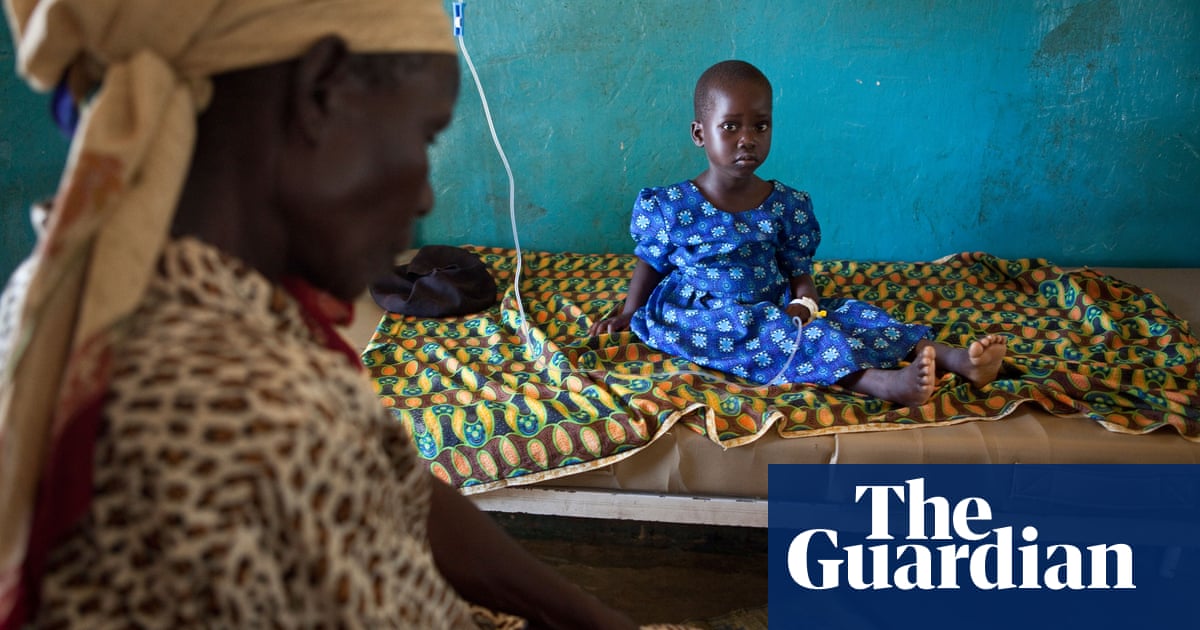In 2003, I was at a dinner of “the like-minded” (Oxford University code for gay) when an academic leaving for a sabbatical in New York asked a favour: would I take over his slot as a volunteer reader for a gay blind man living alone in east Oxford?
I agreed, and so one evening in October I found myself cycling out of Christ Church to my first appointment. I rounded the turning to Roger Butler’s home and rang the doorbell twice, as instructed, to indicate that I was his expected visitor.
The red-brick Victorian house suddenly illuminated, the door was unchained, and I was standing in front of a slim, dark-haired man, aged somewhere north of 60. His clouded, still eyes were framed by an inexpressive but gentle face.
I was invited into the drawing room, which Roger had styled with the help of an aristocratic friend. It was filled with antiques, ornately framed pictures and chinoiserie lamps and had heavy curtains – a world apart from the rather run-down street outside.
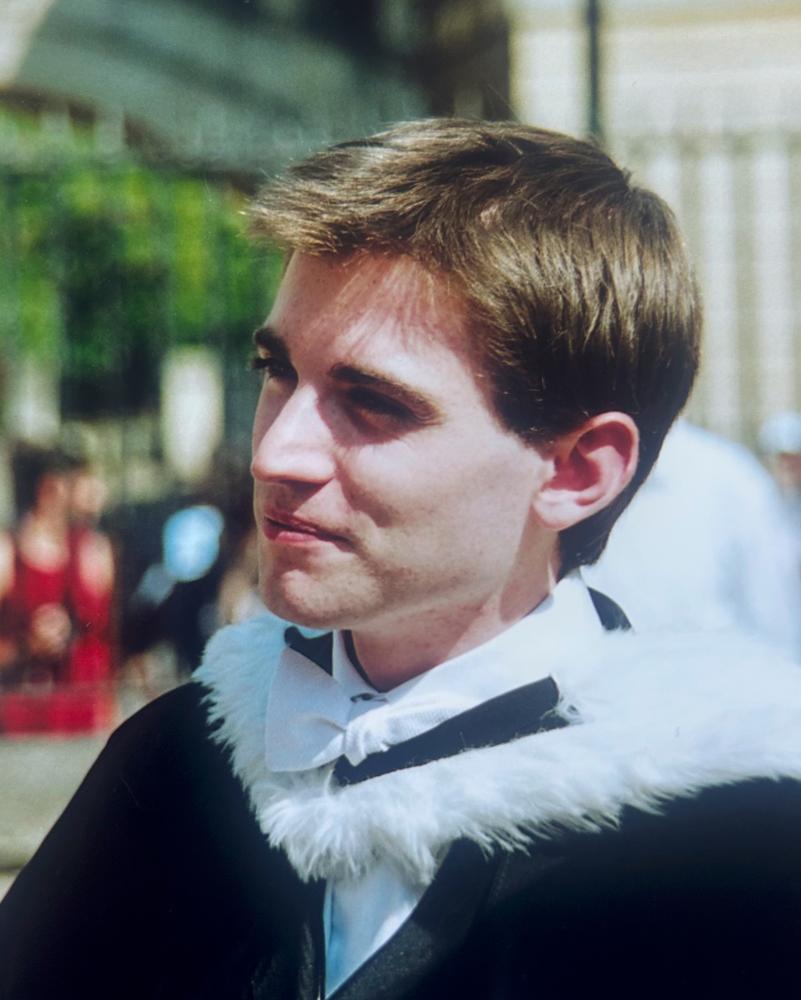
We started that evening – as we did for several more Tuesdays – looking through a recent issue of the London Review of Books, so Roger could consider items he would like to read another time. The material was intentionally unremarkable: Roger was treading water until he could work out what was of mutual interest. We were both shy, avoiding topics of conversation that might seem too personal – including anything touching on sexuality. Roger, I later learned, called to ask the academic who had introduced us whether I was absolutely, definitely “one of us”. With that established, we slowly began to work our way through a few Alan Hollinghurst novels, an enormous biography of Christopher Isherwood, and Edmund White’s memoirs.
This was an education for me in learning to read collaboratively: progress is slow when you say the words aloud, skimming isn’t an option, skipping ahead takes negotiation and, if the reader doesn’t pronounce a word correctly, or sounds uncertain about its meaning, it usually prompts a conversation.
As months turned into years, we started reading Roger’s own, painstakingly created writing: memoirs and essays that he had sketched out in braille, then typed for a trusted reader to record on to cassette tapes so he could play them back and make edits. We read his postal correspondences – some, decades old. It was one of the most intimate experiences I have shared with another person.
During this process, I learned about the London gay underground Roger had inhabited in his 20s, while homosexuality was still a crime, and how he had become blind in his mid-30s after a succession of failed surgeries to manage his glaucoma. I learned how he had rebuilt his life and discovered “not only that a great many more things were still possible than I might have supposed, but also that they still mattered”.
It became far more than Tuesday evenings. I would come over to do odd jobs around the house, which turned into picnics in his garden, then trips into town and to local villages for country walks and leisurely pub lunches. My education continued, not just because Roger encouraged me to think about politics and history, but because he also taught me how he, as a blind person, negotiated the minefields of cobbled streets, ancient, uneven steps, low doorframes and fast-moving pedestrians.
My glimpses into the world Roger inhabited showed me the bravery it took to live well in it. He scoffed at the idea that blindness had sharpened his other senses, but it was evident that he had been forced to find mental tools to better remember things, people and facts, and innovative ways to run his household. I listened, and I learned his habits of keeping an orderly home, never letting anything be out of place, so he could move freely there and find what he needed.
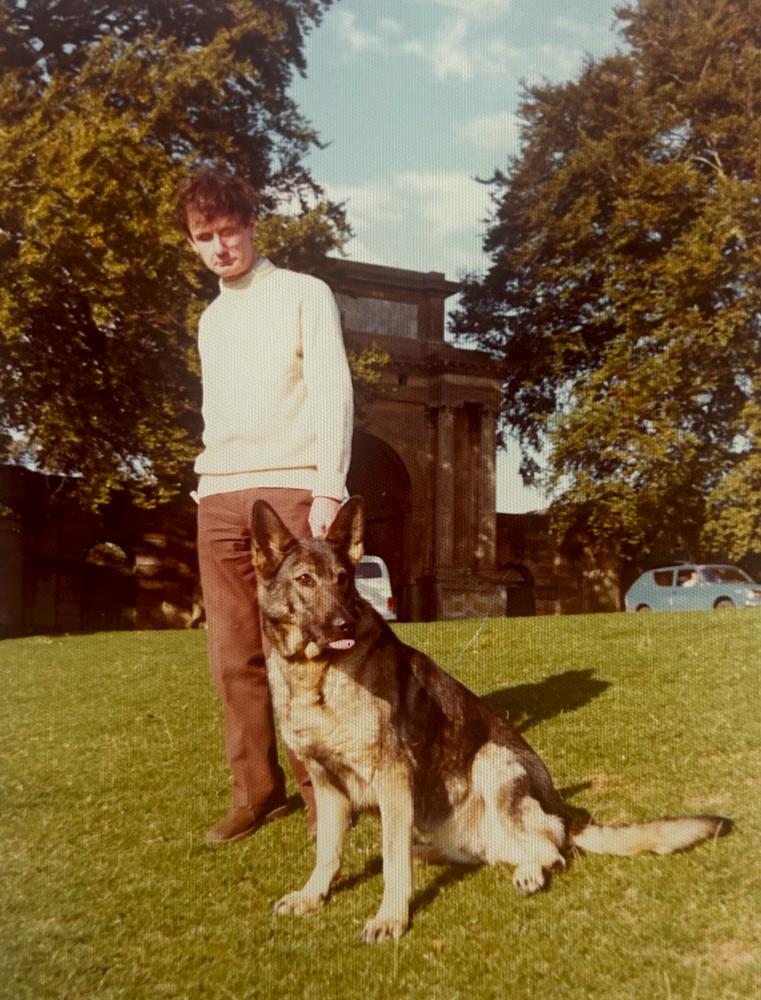
My perception of what mattered also began to shift. I came to judge restaurants on their noise levels and the quality of their menu over trendy decor and the arrangement of food on a plate. When we started taking trips to country houses, Roger showed me all the ways he perceived beauty in a place: the creaking of medieval floorboards or the softness of thick carpets underfoot; the smell of fireplaces used for centuries; the sound of voices hushed by low ceilings, or swelled in high-vaulted stone hallways.
At a hastily arranged lunch in 2007, Roger told me he was dying. “Stick with me, love,” he asked. For the next three years, I did my best. I was at his bedside in the hospice when he drew his last breath.
Roger’s death was an ending and a beginning. I inherited a lifetime of his writings – essays, letters, diaries – and learned from them that, in 1960, seven years before the law in the UK changed to permit sex between men, he had written to the national press declaring himself to be gay. Roger believed that the only way to change public opinion about homosexuals was for them to take control of the gay rights movement – and this required them to unashamedly identify themselves on the national stage. But nobody else had been willing to do it. I had always been led to believe that the pre-legalisation years were dominated by secrecy and shame, that gay men hid in the shadows, and that this concept of coming out – and gay pride – was an invention of the 70s. Roger’s papers upended all that.
I wish I had known this while Roger was alive, and better understood his role in making it possible for me, decades later, to live openly. But I am grateful that I know now and, in the years since, it has often led me to wonder how many other quiet revolutionaries live among us, ready to share their stories, if only we knock on their doors.
The Light of Day: the first man to come out at the dawn of gay liberation by Christopher Stephens and Louise Radnofsky is published on 22 May (Headline Press; £20)

 3 hours ago
7
3 hours ago
7
